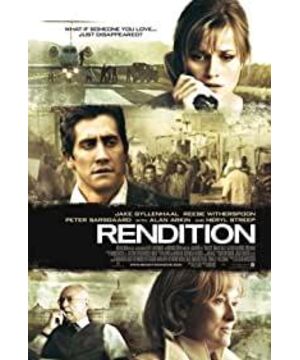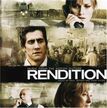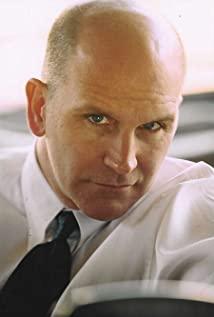Rendition evaluation action
2021-12-23 08:01
The film takes the extradition policy adopted by the U.S. government after the 9/11 incident as the starting point and background. It integrates politics, war, and horror and many other elements, so that the film has a very good viewing and entertainment. It is worth reflecting on.
In the method of storytelling, the film adopts a combination of multi-line parallelism and flashback, so that the whole story is not too flat and loses entertainment. The focus of the film itself is not only to expose and question the policies and methods adopted by the United States on terrorism after 9/11, but also to criticize and reveal the bureaucracy and human nature to a certain extent. But precisely because the film carries too much information, the interspersed plot also appears to be too scattered, making the film as a whole slightly lacking in drama. Fortunately, the actor's performance was brilliant enough to make up for the shortcomings of the film's formality.
The film is one of a series of films in which Hollywood filmmakers set their sights on the political and military issues caused by the terrorist attacks on September 11 in 2001, and the others only accuse the media rather than telling about the war in Iraq or Afghanistan. The difference between the directors of the complete story of the war is that the film tries to find a perfect balance when presenting prisoner abuse incidents to people by asking people a serious question-in order to potentially save thousands of people. Is it a sensible way to sacrifice one’s rights for one’s life?
The film brings together the cast of the Oscars and actresses. The story is based on the sensationalism of the civilian hostages. The producer has recruited the South African director Gavin Hood who won the Oscar for best foreign language film to direct it, all showing that the anti-terrorism theme will shine. Newborn ambitions. However, the film vacillates between revealing darkness and sensationalism, and many details cannot withstand scrutiny, which are not enough to show the humanistic care of the film.
Extended Reading
Rendition quotes
-
Douglas Freeman: In all the years you've been doing this, how often can you say that we've produced truly legitimate intelligence? Once? Twice? Ten times? Give me a statistic; give me a number. Give me a pie chart, I love pie charts. Anything, anything that outweighs the fact that if you torture one person you create ten, a hundred, a thousand new enemies.
-
Corrine Whitman: I need a jackal, not an analyst.











